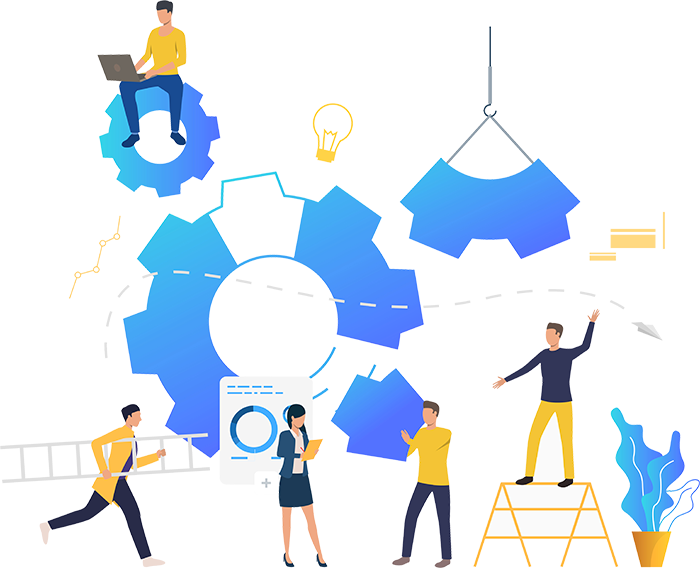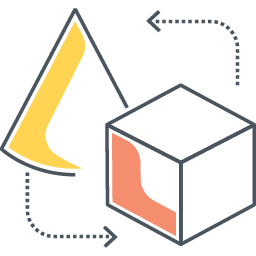Streamline Customer Relationships with ERP Systems
We’re dedicated to elevating your business with a dynamic ERP strategy, tailored to your brand’s needs.
systems are pivotal tools designed to integrate and streamline core business processes across various departments within an organization. They consolidate data and functionalities related to finance, human resources, supply chain management, manufacturing, and more into a centralized platform, enhancing operational efficiency and decision-making.
BEST FOR YOU
Let's delve into the types of ERP systems and how they are utilized across different industries
ERP vital in diverse sectors, tailored solutions optimize functionality

Manufacturing Industry

Hospitality Sector

Healthcare Industry

Finance Sector

Retail Industry

Automotive

Energy and Utilities

Education

Telecommunications

Real Estate

Manufacturing Industry

Hospitality Sector

Healthcare Industry

Finance Sector

Retail Industry

Automotive

Energy and Utilities

Education

Real Estate

Telecommunications

Why ERP Need to used

Streamlined Business Processes
ERP systems streamline workflows, eliminate redundant tasks, and improve process efficiency across departments, leading to cost savings and enhanced productivity.

Data Centralization and Integrity
By consolidating data from disparate systems into a single database, ERP ensures data integrity, eliminates data silos, and provides a unified view of organizational information for informed decision-making.

Improved Decision-Making
ERP systems provide real-time insights into key performance indicators (KPIs), enabling executives to make data-driven decisions that drive business growth and competitive advantage.

Enhanced Customer Satisfaction
By improving order accuracy, delivery times, and service quality, ERP systems contribute to higher customer satisfaction levels and foster long-term customer loyalty.


FAQ`s
ERP stands for Enterprise Resource Planning. It’s a comprehensive software solution that integrates and manages core business processes, including finance, human resources, supply chain, manufacturing
ERP streamlines operations, enhances efficiency, provides real-time data visibility, improves decision-making, and fosters collaboration across departments, leading to overall business growth and competitiveness.
Common modules in an ERP system include finance/accounting, human resources, supply chain management, inventory management, customer relationship management (CRM), manufacturing, and reporting/analytics.
ERP provides tailored functionalities for each department, such as financial management for finance teams, HR management for HR departments, inventory management for logistics, and production planning for manufacturing.
Yes, ERP systems often offer customization options to adapt to unique business processes, workflows, and industry requirements. Customizations can include adding new modules, configuring existing ones, or integrating with third-party applications.
Get Free Quotation ?
CONTACT US
If you have any questions about what we offer for consumers or for business.








